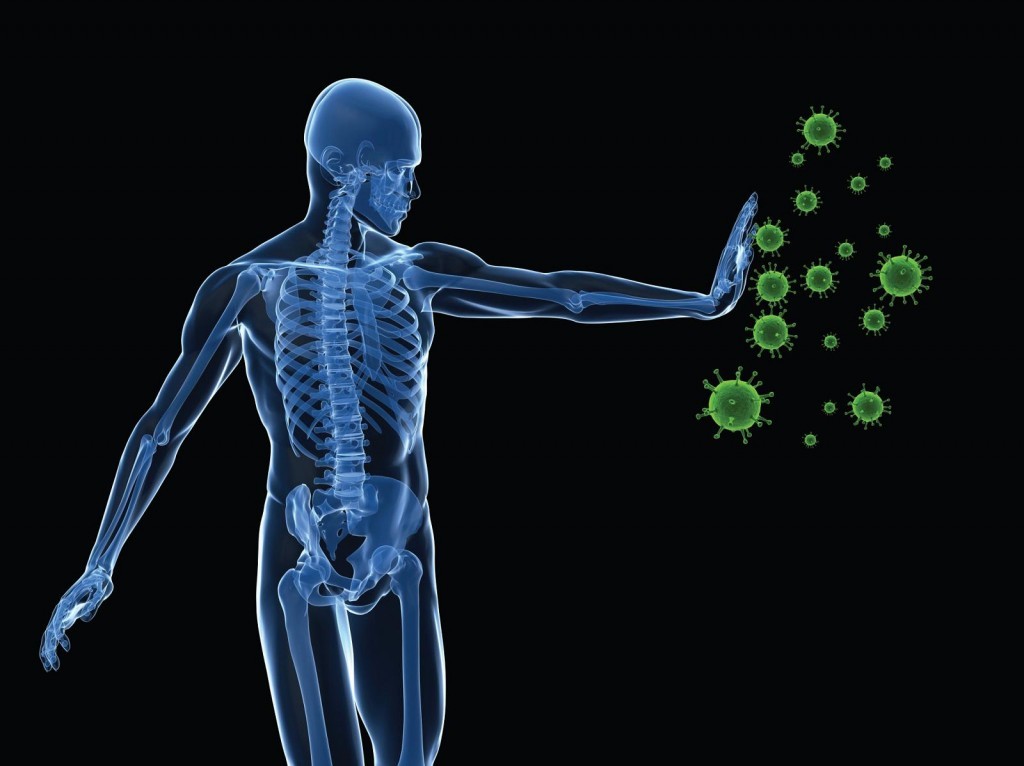As we age, our immune systems change; in many ways not for the better. For instance, the elderly account for 90% of influenza deaths annually. Pillai et al. now report that influenza-infected human monocytes, a type of immune cell, exhibit reduced antiviral activity. In influenza-infected mice, two innate immune sensing pathways work together to promote antiviral immunity to influenza. Mice lacking antiviral immunity (similar to the situation in elderly people) had elevated bacterial burdens in their lungs and increased inflammatory responses, which both contributed to their increased susceptibility to influenza.







